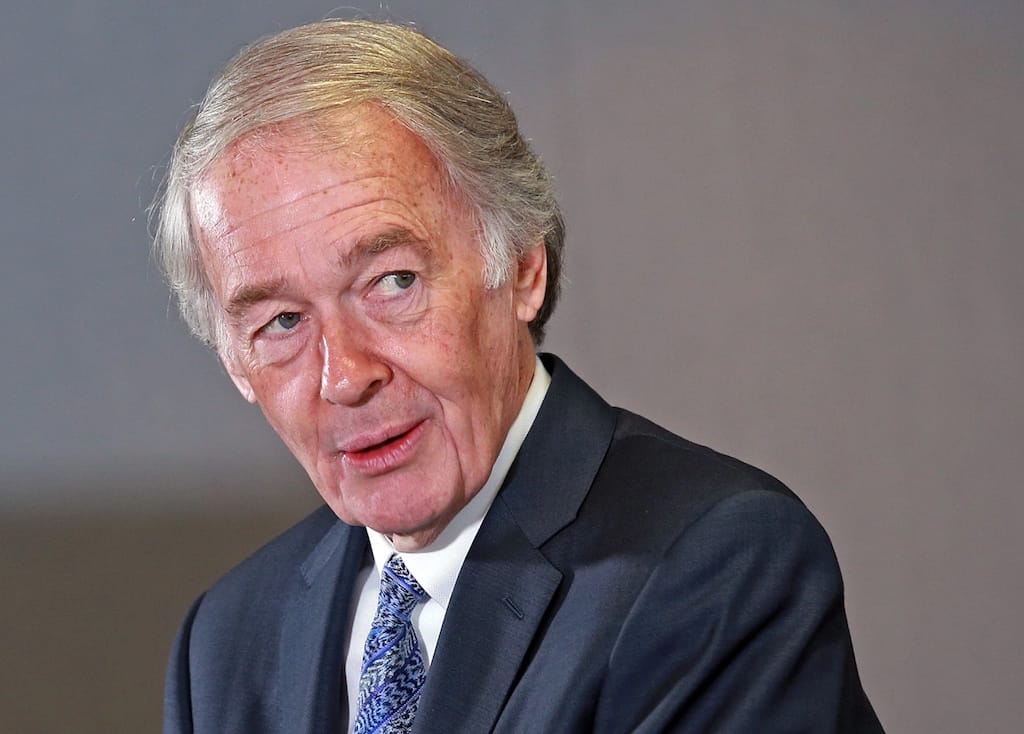E-Rate for Wi-Fi on School Buses, $200M for Washington Broadband, Tribal Ready Partners with Nokia
FCC Chairwoman Rosenworcel on Monday introduced the ‘Learn Without Limits’ initiative to update the E-Rate program

June 28, 2023 – Federal Communications Commission Chairwoman Jessica Rosenworcel introduced Monday the “Learn Without Limits” initiative to update the E-Rate program under the Universal Service Fund to include funding for Wi-Fi connectivity on school buses.
“This could make a big difference in rural areas where students spend long hours on school buses just to get to class and home again,” said Rosenworcel in a speech at the American Library Association’s annual conference. “We can turn ride time into connected time for homework. We can take E-Rate policies from two decades ago that supported mobile phones on these buses and modernize them so we have Wi-Fi on wheels—and students can Learn Without Limits.”
The proposal is currently pending a full vote of the Commission.
Senator Edward Markey, D-Mass, voiced his support for the Chairwoman’s proposal in a statement Monday.
“With the new school year just a few months away, we cannot allow millions of students across the country to lose access to broadband,” said Markey. “We urge the FCC to swiftly adopt this commonsense proposal to expand E-Rate funding to include Wi-Fi hotspots and internet support for school buses.”
Rosenworcel had previously said that expanding the E-Rate program to allow funding for mobile hotspot devices was a “great idea.”
The FCC has reportedly been advised on multiple occasions to broaden the scope of the E-rate program. The commission also oversees the Emergency Connectivity Fund, which helps millions of students get connectivity outside of schools during the COVID-19 pandemic.
Treasury awards Washington State nearly $200M for broadband
The Department of Treasury on Friday awarded Washington State $195.7 million from the Capital Projects Fund for high-speed internet projects.
The state plans to allocate the grant into three separate investments to connect 33,000 homes and businesses to affordable, high-speed internet. The largest – $118.5 million – will go to communities without internet service and those with speeds below 25 Mbps download and 3 Mbps upload. The state will also invest $43.7 million to the Public Works Board Broadband Program designed to provide high-speed internet in rural counties and tribal lands. The rest will go toward the Community Economic Revitalization Board Rural Broadband Program to expand last-mile broadband access in rural areas without reliable internet.
“This funding is a key piece of the Biden-Harris Administration’s historic investments to increase access to high-speed internet for millions of Americans and provide more opportunities to fully participate and compete in the 21st century economy,” said Deputy Secretary of the Treasury Wally Adeyemo in a statement Friday.
To date, the Capital Projects Fund has delivered $7 billion out of the allocated $10 billion for broadband, digital technology, and community center projects in 45 states, benefiting nearly two million locations.
Tribal Ready partners with Nokia on buildouts to tribal lands
Tribal Ready, a Native American-owned data company, announced a partnership with Nokia to deploy broadband networks across tribal lands.
“Tribal Ready is excited to embark on this significant partnership with Nokia,” said Joe Valandra, CEO of Tribal Ready in a press release Tuesday. “Getting Tribes access to broadband has never been more important, and with deadlines for grants and broadband funding coming up, we are confident that this partnership will help Tribal Ready amplify its message and Nokia obtain its goal to maximize digital connection for all.”
Valandra has highlighted the inaccuracies he said are present in the FCC’s broadband map, which forms the basis for determining funding allocations under the $42.5-billion Broadband Equity, Access, and Deployment program. The company said it would rely on its Tribal Virtual Broadband Office to collect accurate data that helps tribes receive the funding they deserve.
On Monday, the White House officially released BEAD funding allocations to all 50 states and the territories. States will have 180 days after receiving their notice of allocation to submit initial proposals for potential use of the grants. Once plans are approved, states will be able to access at least 20 percent of their allocated funds.








